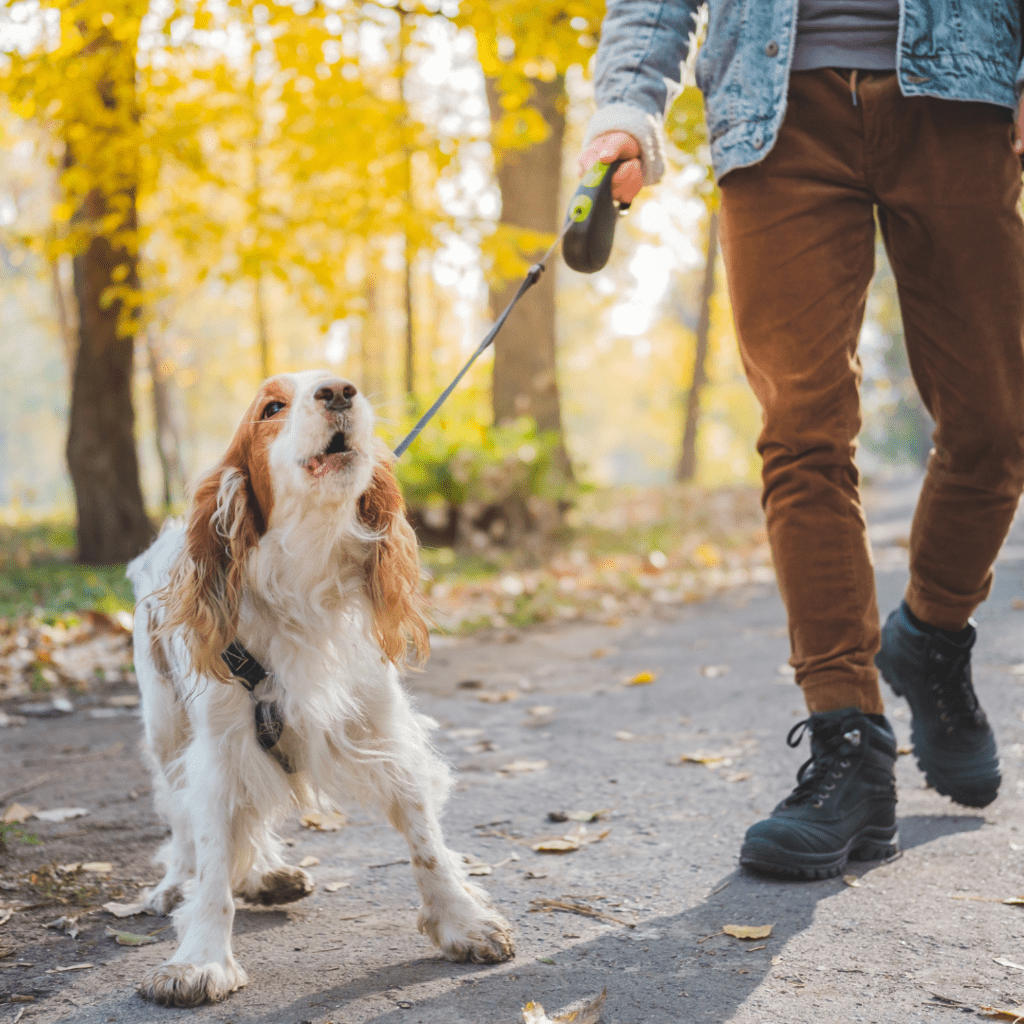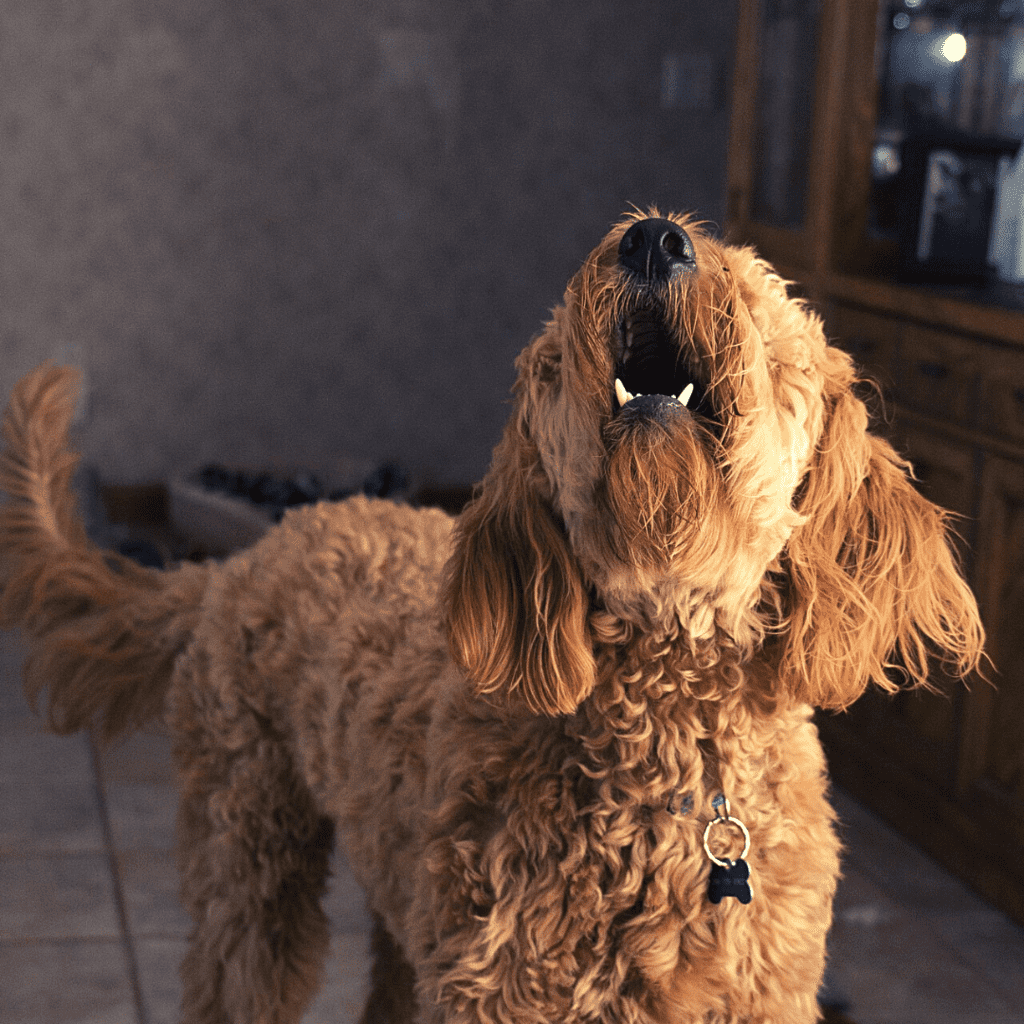Build Relationships, Get Results
Behaviour HelpFor reactivity, aggression, fear or anxiety.
I specialise in dogs who are aggressive or reactive to other dogs, other people, or members of the family. Or for those dogs who experience fear or anxiety in certain situations.
I also have a special place in my heart for dogs in the teenage life stage who have big feelings and often big behaviours to go with them.
I support clients across the UK with online services or if you are local, I also offer in-person coaching at a venue in Fernhurst, West Sussex.

Problems with other dogs
For dogs that are difficult around other dogs that they don’t live with.
Does your dog bark and/or lunge at other dogs on walks?
Do you have to go out of your way to avoid other dogs?
Are you embarrassed about what other dog owners may think about you?
Feel terrible about how others view your dog?

Problems with other people
For dogs that are difficult around other people that they don’t live with.
Does your dog bark non-stop at visitors?
Or bark and lunge at people you come across on your walk?
Are you scared that your dog may end up biting someone?
Or guilty that your children can’t have friends over?
Lost? Looking for more help?
If you’re not sure if the problems you are having are covered by our services, get in touch anyway.
Tell us a bit about what is going on and we’ll be able to tell you if we can help or direct you to other professionals who can help you further if we can’t.





